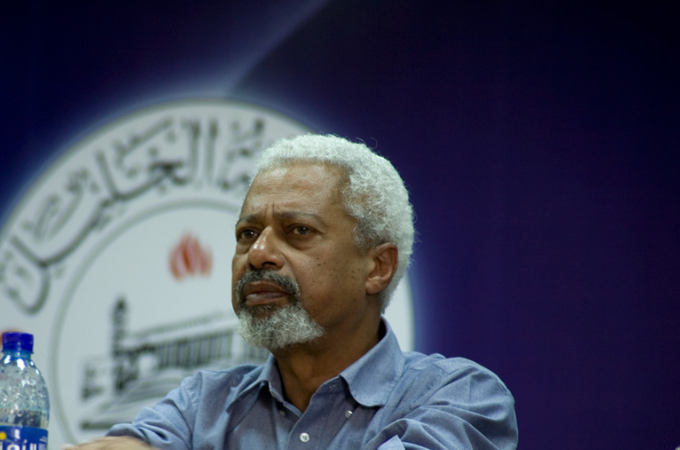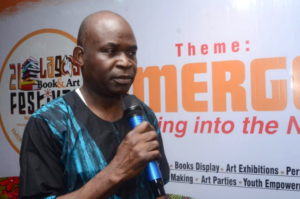
It was gratifying to hear of Abdulrazak Gurnah winning the Nobel Prize. This is particularly so because his is a quiet literary intelligence in a calm, unassuming and self-effacing personality. His humility is such that some sections of the global reading public are caught unawares by this obviously ‘unpopular’ writer. So unpopular that the now ritualistic and annual Nobel prospect guessing games did not mention his name at all. However, Gurnah has been a prolific and large literary presence in the European university curriculum and literary festival circuits since the early 1990s when I first became aware of his work and when I once had occasion to closely interact with him.
A few years after the publication of his fourth novel, Paradise, nominated for the Booker prize in 1994, he was invited to a literary festival reading series run by the Society for the Promotion of African, Asian and Latin American Literature. It was curated by Peter Ripken and Holger Ehrling in Frankfurt. This was either in 1998 or 1999. I ran a small reading series in Hannover under the platform of Association of Nigeria Authors (ANA) in Germany. Due to modest funding, I usually collaborated with Ripken’s office to further invite their own literary guests for my events in Hannover. So it was that I invited Gurnah down from Frankfurt. At the end of our reading, I took him to a Senegalese restaurant for refreshments. What struck me as we sat down to dinner was his unassuming and relaxed self-composure. I had noted this throughout his visit, but it was confirmed and refocused for me when alone with him, two exiled African intellectuals in a white world eating in a Senegalese restaurant in the center of a European city.
He was relaxed and affable, taking in his surroundings. We engaged in small talk. He knew I was a student at the university. He nevertheless engaged me like an equal. There were absolutely no airs about him. I kept asking the server for more pepper to spice my fried fish and rice dish. He kept darting worried looks in my directions. Finally, he blurted out in mock alarm:
“Godwin, you will kill yourself with stomach ulcers! Is this how you eat pepper in Nigeria?” While I knew I was sitting down with a brilliant writer, the idea of a Nobel prize never crossed my mind as I replied: “we are used to it in Nigeria. I am totally fine.” But I could feel my tongue burn for the first time – perhaps because he made me think of the pepper – and yearn for water. The Nobel prize is making the global reader feel the pepper in Gurnah’s work and yearn for the cooling effect of reading his works. It is a well-deserved accolade.










Pius Stephen Omole October 22, 2021 02:56
I had felt the same way as my long-time-ago young friend in U.I. THE YOUNG SHALL GROW is the name of a well known Transport Company in Nigeria best reminisced on occasions like this when I read him thanks to the Internet. Here in Igbinedion University, Okada,Edo State in Nigeria, I had "opened up" to my Literatie persons : Kunle Okesipe & Clement Mamudu on this ur-popular Nobel Laureate with a gleaming white hirsute skull like his predecessor, Wole Soyinka. Long live both Laureates and more grease... my friend who has grown by sheer dint of his literary energy.